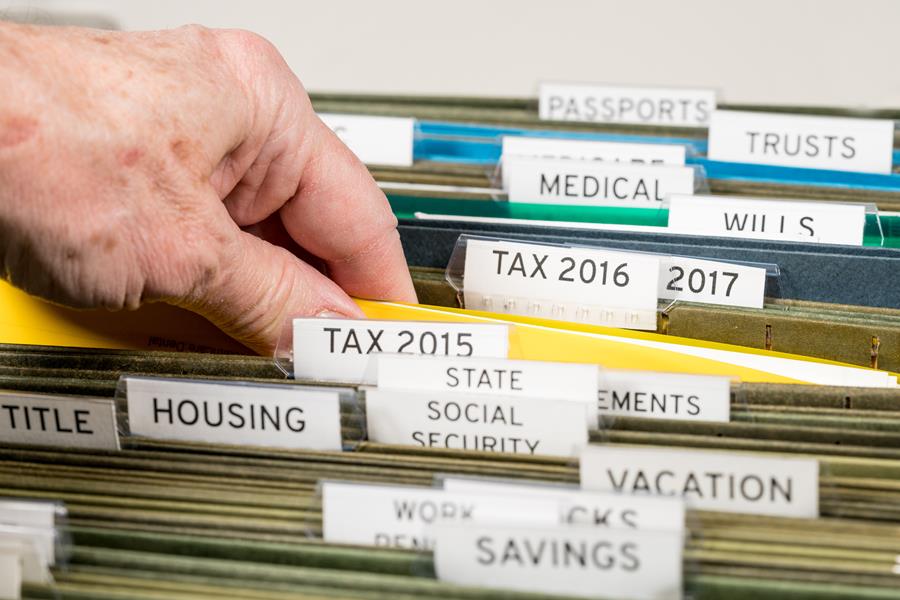Be a Responsible Property Owner: Properly Store Your Documents
Here we are again – just a few days before Christmas. Where did the year go? As I write this, I have been at TCO for 20 years and have been a licensed attorney for 35 years. For those of you who are now calculating my age, I graduated from law school when I was 10.
Recently, a title company contacted me to request help establishing a chain of title on a mineral interest. Companies used to do virtually no title research on oil and gas interests. They would take you at your word that you owned the interest and pay out accordingly. But alas, the rules have changed.
Most companies today are obtaining title opinions and asking for documents to verify ownership. In this particular case, I was still practicing law and represented TCO as guardian of the owner. Guardianship was followed by probate, which was followed by administration of the trust. The beneficiary of that trust had died so the family of the beneficiary was trying to establish ownership. To do so, they needed to establish a good title.
TCO is required by law to retain permanently a file entitled Original Document on every matter we handle (to note: attorneys are only required to retain a file for five years after the matter is concluded). Because of our obligation to indefinitely retain the Original Document file, we were able to retrieve the 20-year-old files in this matter. They contained sufficient information to satisfy the title requirements. Had those files not been available, the family would have been forced to spend a great deal of money in an effort to satisfy the title requirements.
Save the Paperwork

When the time comes to shred old files, please keep in mind that files on real estate, including oil and gas interests, should be retained until the interest has been sold or otherwise disposed of and for a period of at least three years after reporting on a tax return.
Additionally, remember that rules change. Remember when the gain on the sale of a personal residence was never taxable? At that time, we did not need to carefully document the cost basis of our personal residence. However, under the current rules, the limit on non-taxable gain is $250,000 for single taxpayers and $500,000 for married taxpayers filing jointly. As real estate prices continue to rise, more and more taxpayers are scurrying to find documentation of their cost basis.
Ideally, save your files in both an electronic and paper format. If you have an account with TCO, or if TCO is a contingent successor trustee, feel free to bring your files to us. We will scan them into our records and/or store them in our fire-proof contingent files.
Here’s to keeping good records—and Happy Holidays!
Lesa A. Creveling
Executive Vice President
(918) 744-0553
LCreveling@TrustOk.com



